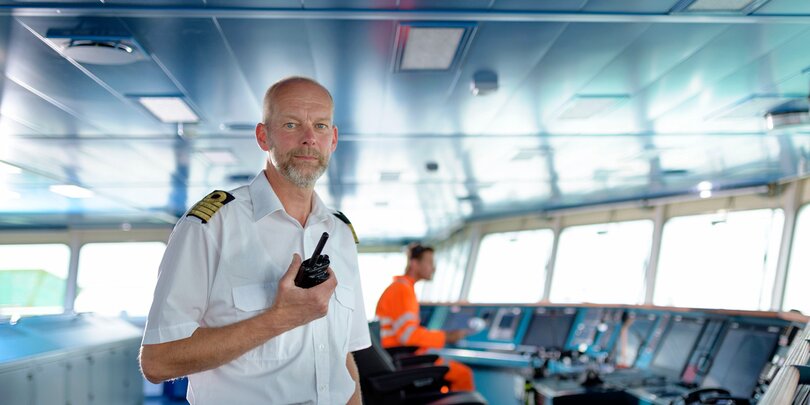Our new NorthStandard site is now live. There will be no new content or updates added to this site. For the latest information, please visit our new site north-standard.com.
Case law: Grand Famous Shipping Limited, et al. v. China Navigation Co.
News & Insights 16 February 2023
Key words: Charterers’ duties, Third parties

The US 5th Circuit Declines to Expand Time Charterers Duties Owed to Third Parties
The United States Court of Appeals for the Fifth Circuit upheld the lower court’s dismissal of claims against a time charterer, China Navigation Co. (the ‘charterers’). The court rejected the invitation to expand a charterer’s independent tort duties, and, in doing so, recognised the potentially far-reaching ramifications such a ruling would bring.
District Court in the Southern District of Texas decision
China Navigation time-chartered the M/V Yochow from its owner, Grand Famous Shipping Ltd (the ‘owners'). The charterparty included the customary clause where the owners retained control over the ship management and navigation. Under the time charter, the charterers renamed and repainted the ship and listed it as an ’operated’ vessel. The charterers also required the ship’s captain to download a program that tracked and reported the ship’s time, location, speed, and fuel consumption.
In 2018, while navigating the Houston Ship Channel, the ship’s captain ordered the helmsman to turn to starboard. Mistakenly, the helmsman turned to port and the ship struck a barge and pier. The dock lessee, TPC Group, LLC ('TPC'), along with the barge owner and manager filed negligence claims against the charterers.
China Navigation argued that, as a time charterer, it lacked operational control over the ship. It also argued that there was no evidence it was negligent in conducting its traditional duties as a time charterer. The district court agreed and dismissed the claims against the charterers.
US Court of Appeals 5th Circuit decision
The Fifth Circuit court heard the case on appeal. The two questions for the court were:
1) Did the charterers exercise sufficient operational control over the ship to be considered her de facto owner?
2) Does a time charterer have a duty to vet a vessel owner prior to executing a charter party?
As to the first question, TPC claimed that China Navigation’s painting, naming, designating, and monitoring of the ship gave China Navigation operational control of the ship.
As to the second, TPC alleged that the charterers were negligent by failing to exercise reasonable care in selecting and employing a competent contractor. More specifically, the charterers were responsible for the allision because they failed to diligently investigate the owners and the ship’s safety management protocols – primarily the ship’s work/rest standards.
In answering the first question, the court quoted the traditional principle of admiralty law that ’a time charterer who has no control over the vessel assumes no liability for negligence of the crew or unseaworthiness of the vessel absent a showing that the parties to the charter intended otherwise.’ The court explained that none of the actions the charterers took, such as painting and naming the ship, gave it operational control. It also explained that the charterers’ monitoring of the vessel was logical given that the charterers’ were responsible for fuel costs and port charges.
Turning to the second question, the court acknowledged that the charterers have potential independent tort liability to third parties for ’negligently conducting its activities as a time charterer’.
For explanation, the court turned to an older case, Milky Way Barge, Inc., as an example where a time-charterer, by sending a vessel into unsheltered water in bad weather, was negligent.1
But Milky Way was distinguishable. There, the charterers’ negligence was within the traditional spheres of a charterers’ control, namely: choosing the vessel’s cargo, route, general mission, and specific timing of the mission. Ensuring a contract party’s competence is not within a time-charterers’ traditional sphere of control. Therefore, the court determined the charterers owed no duty to vet the owners or the ship’s safety procedures and affirmed the district court’s judgement.
Comment
A key takeaway from Grand Famous is confirmation of the traditional time-charterer spheres of activity. Within those spheres, a time-charterer may face exposure for negligence to third parties. However, that exposure is limited, and the Fifth Circuit expressed no desire to create additional exposure beyond the traditional spheres of activity.
Link to the Court of Appeals 5th Circuit judgment can be found here.
Category: Caselaw
